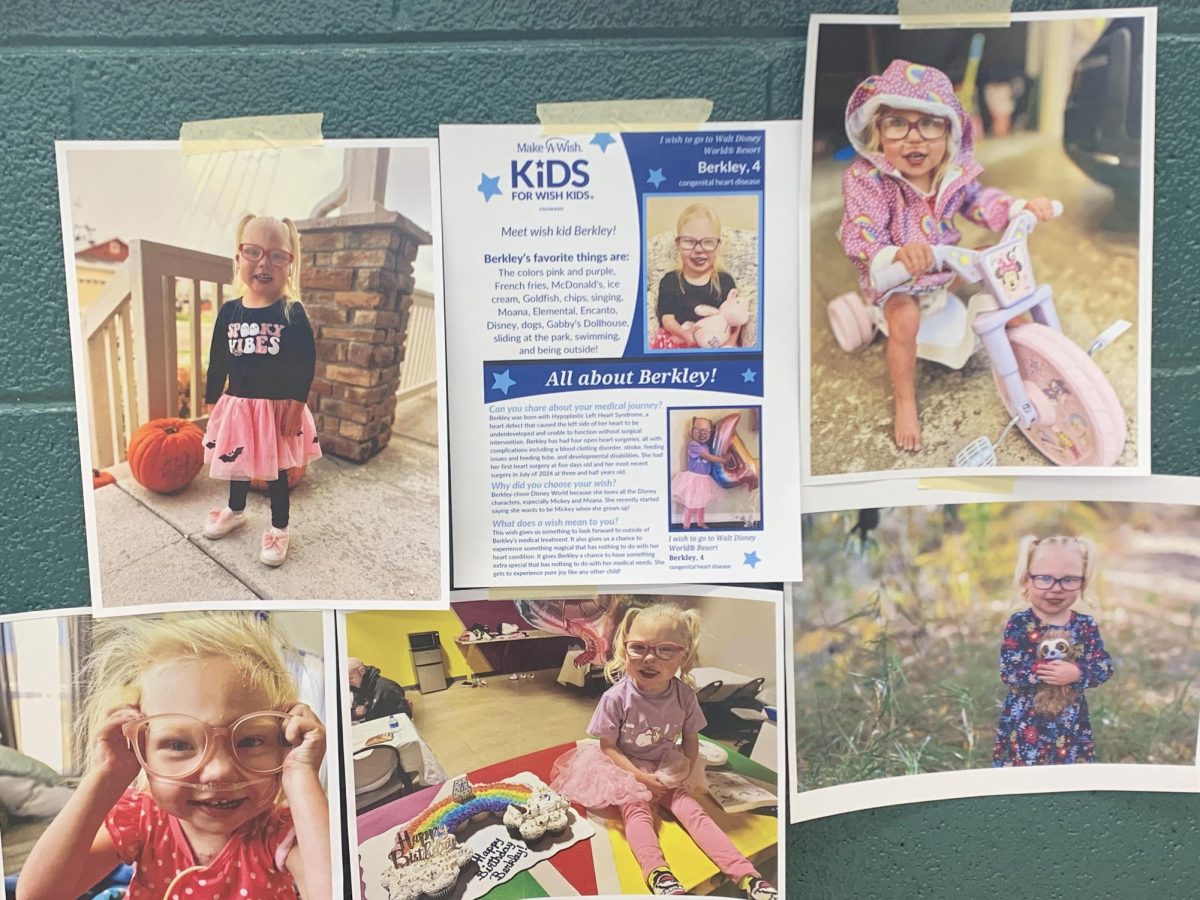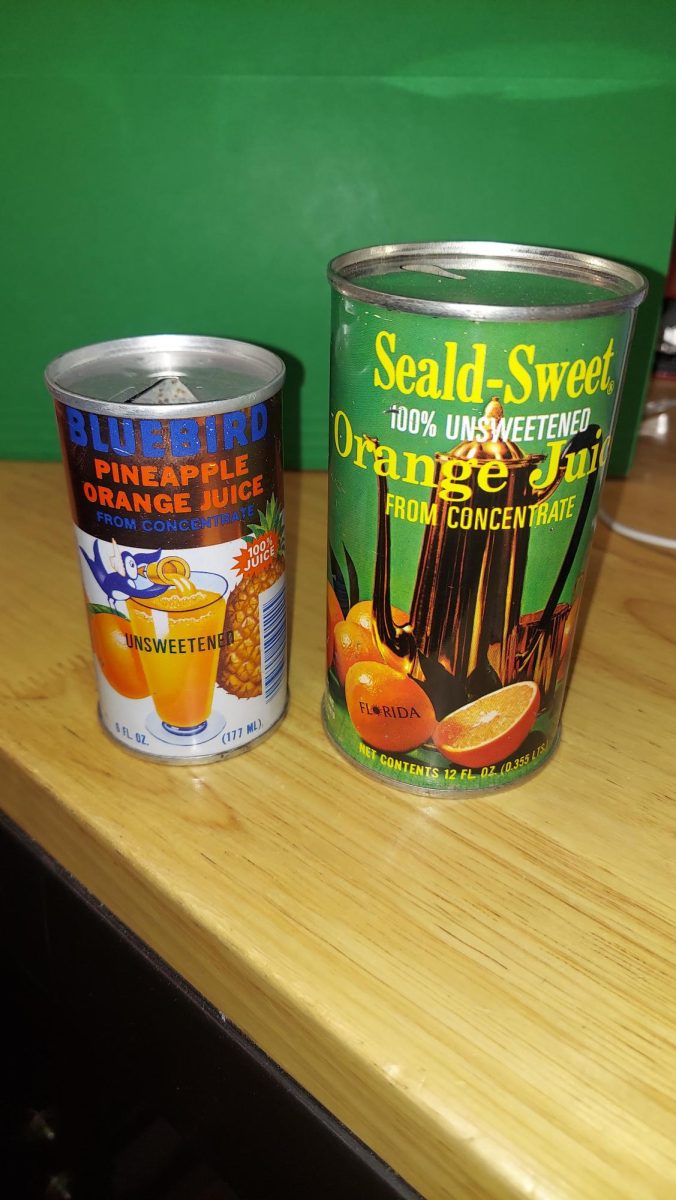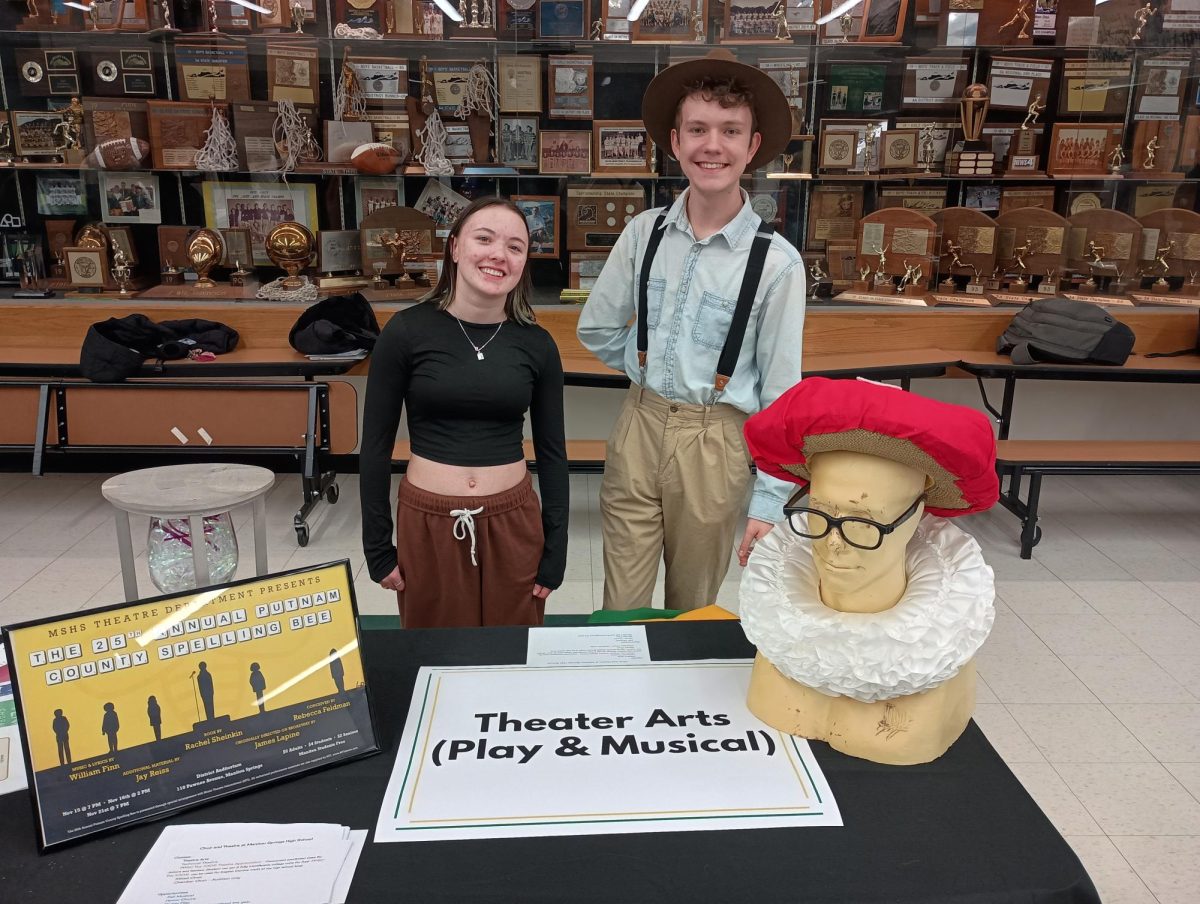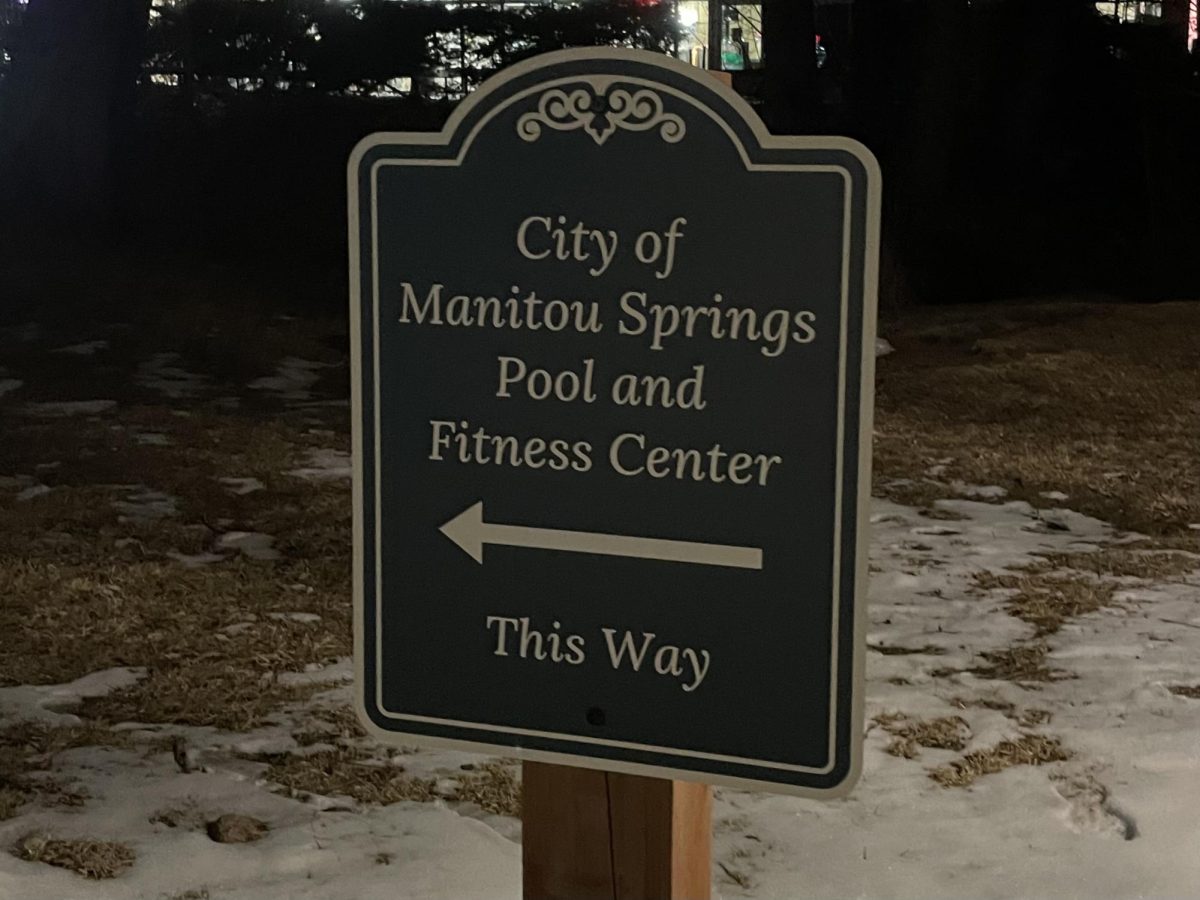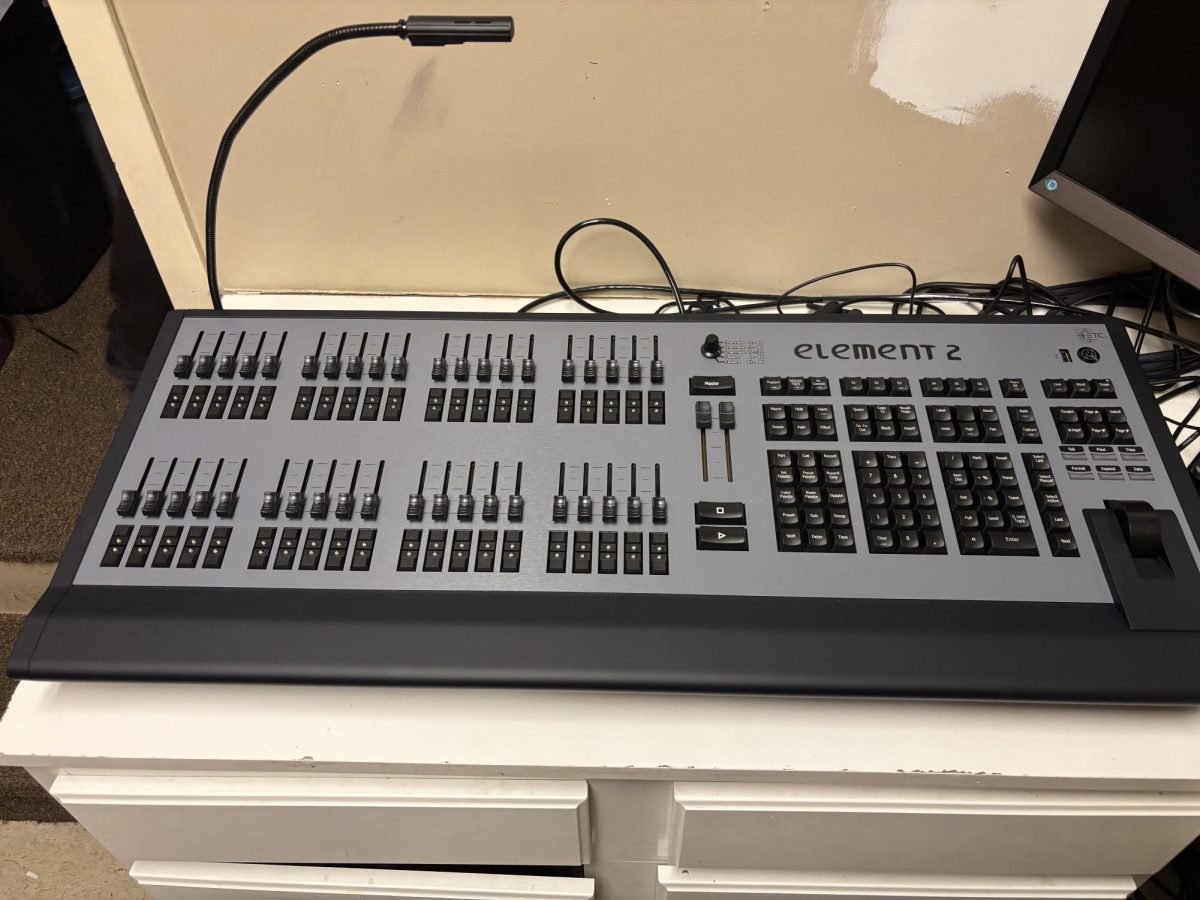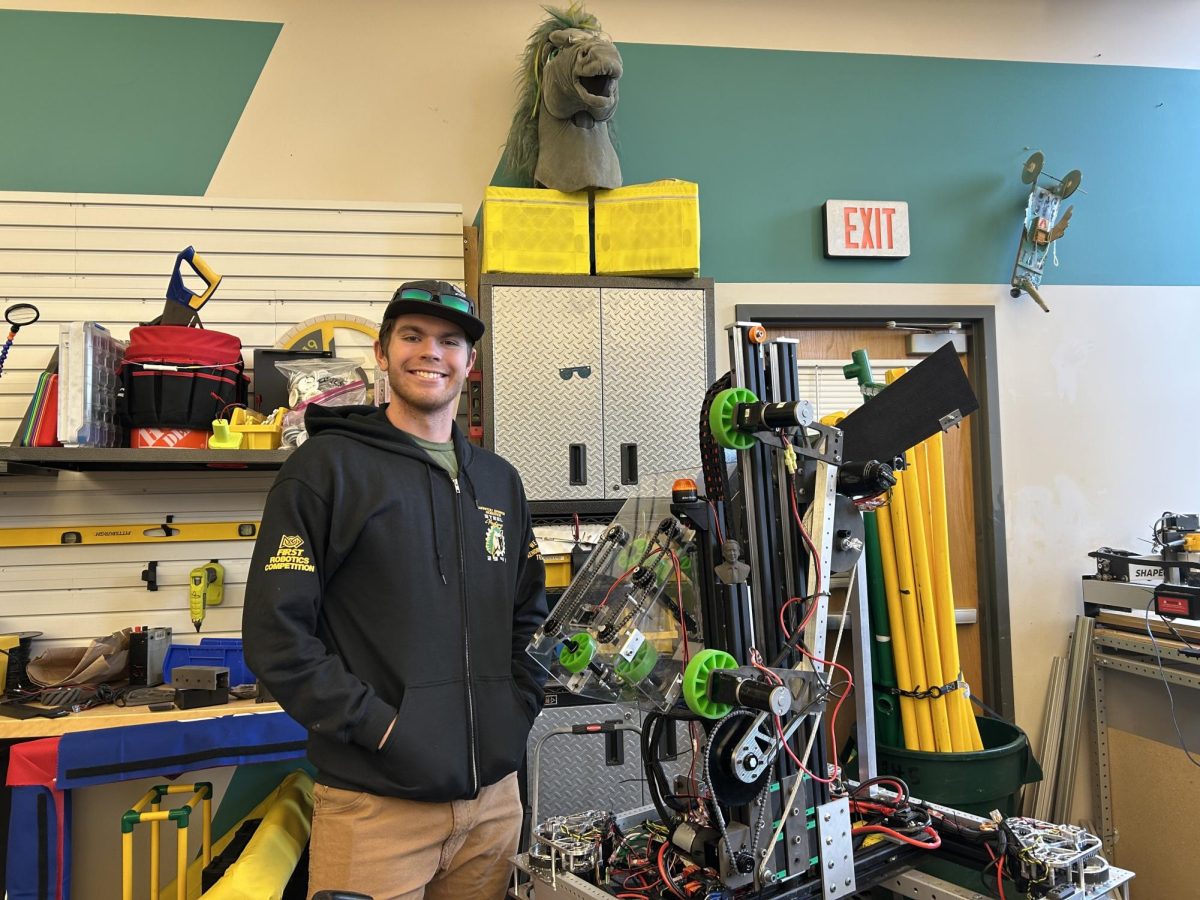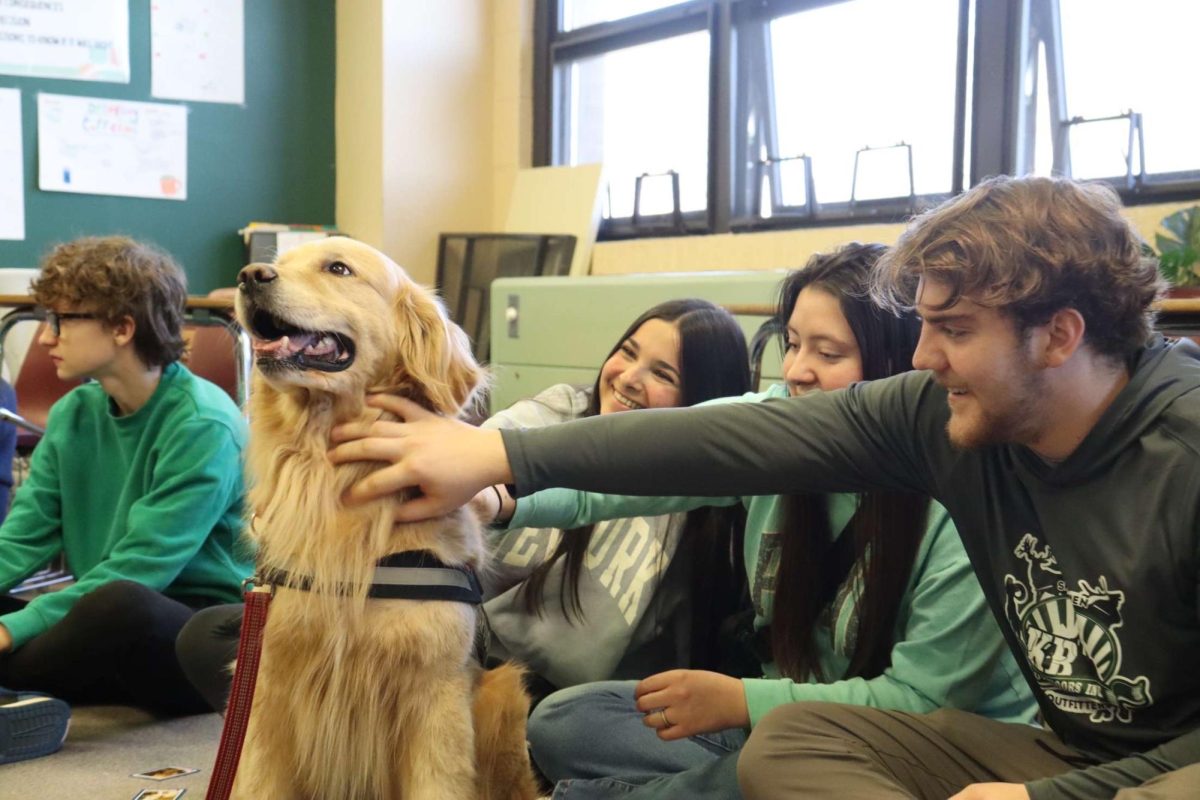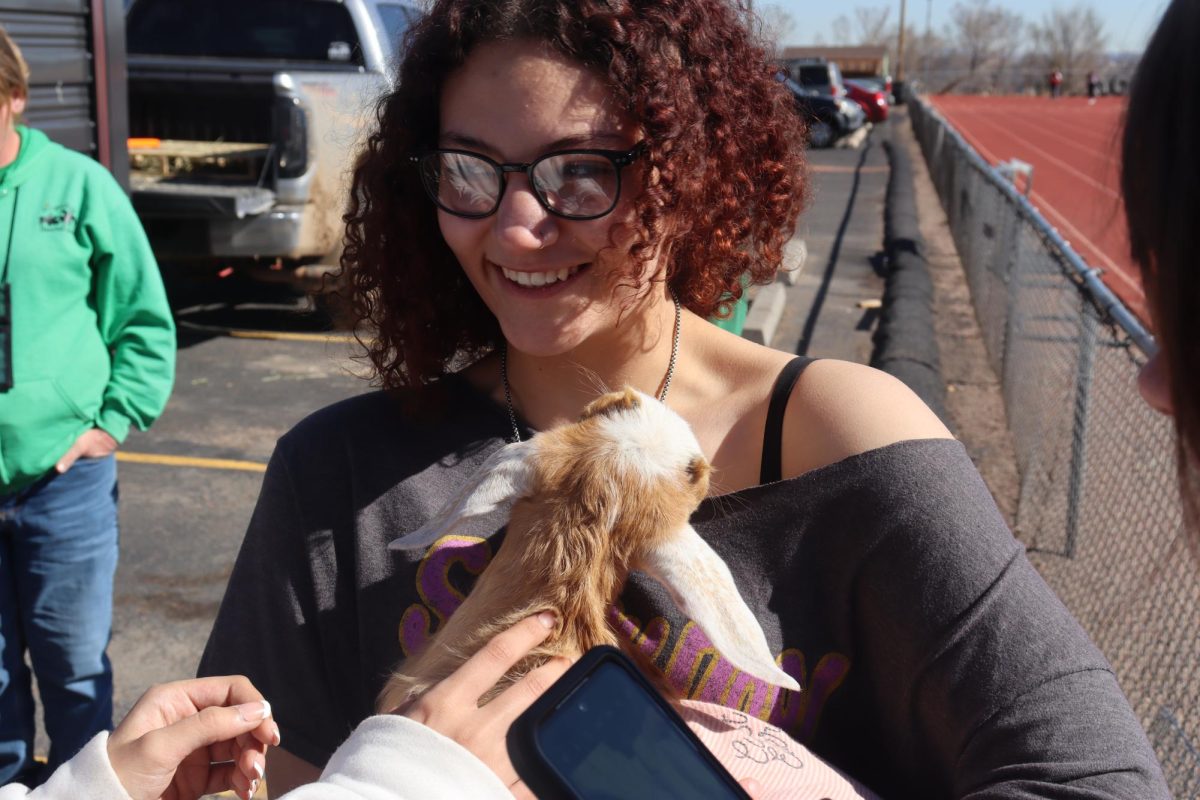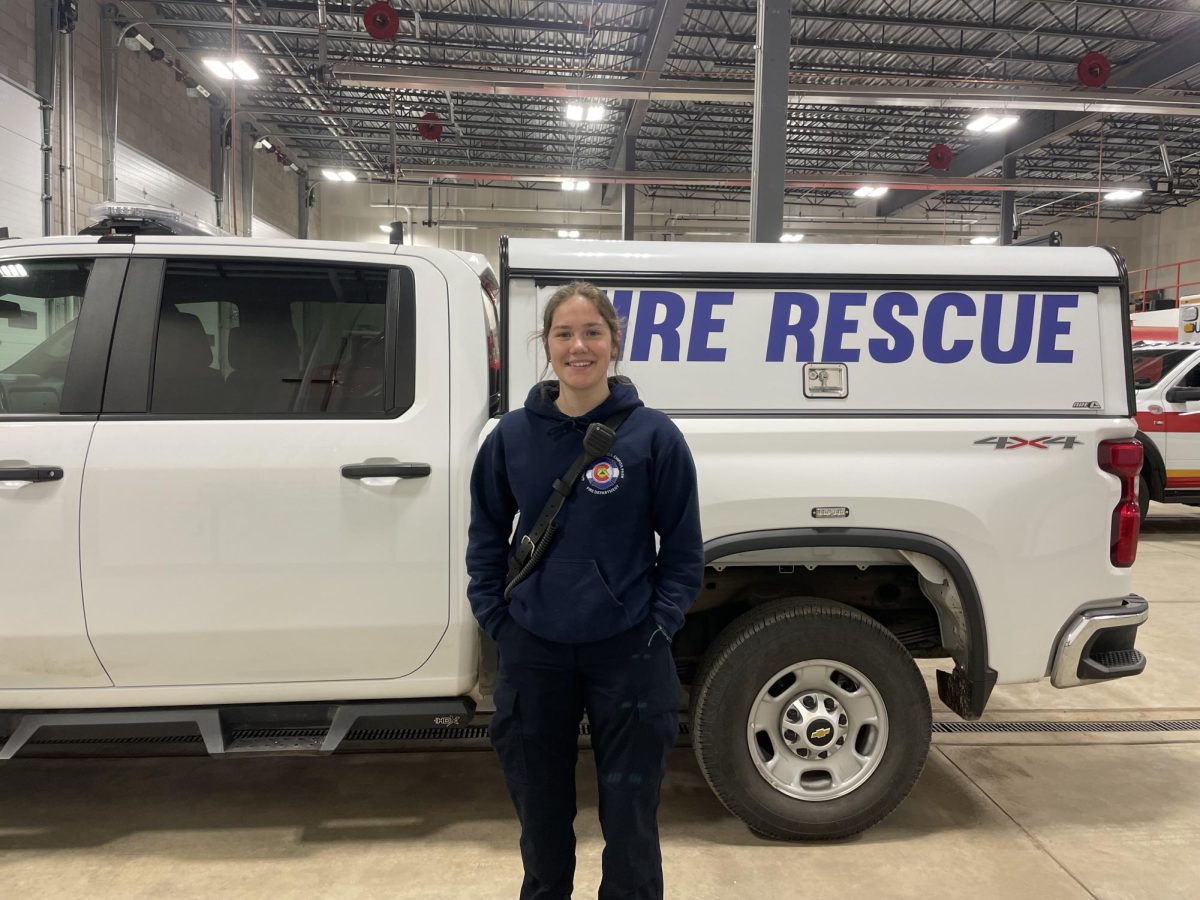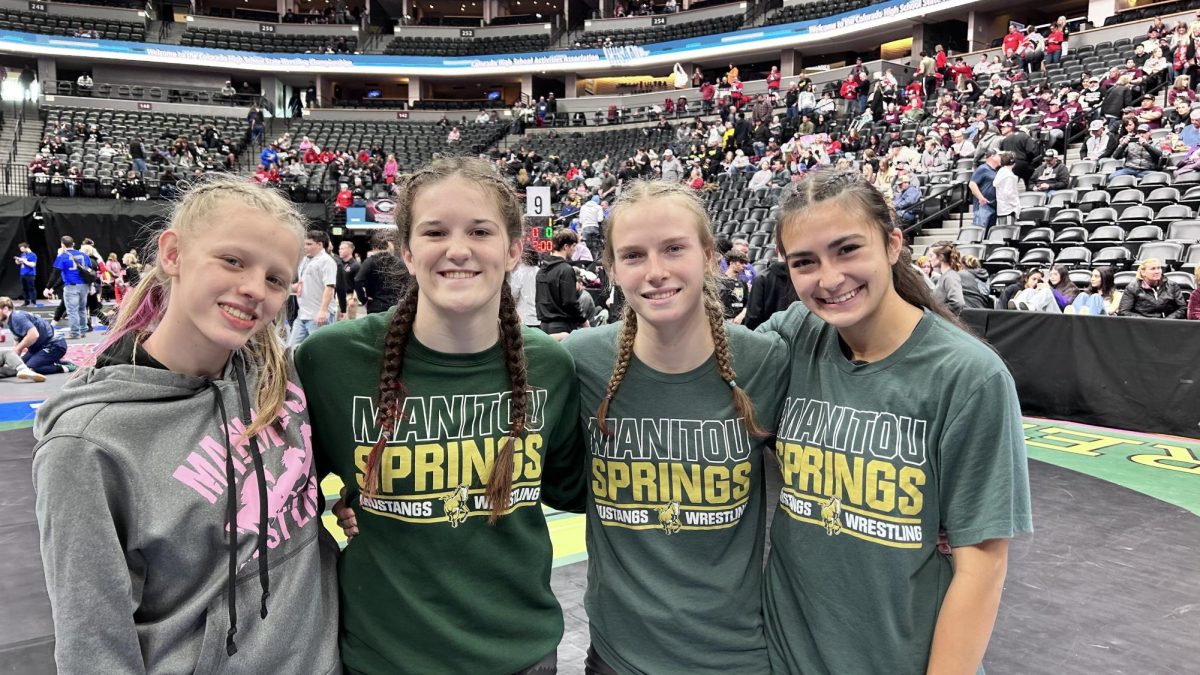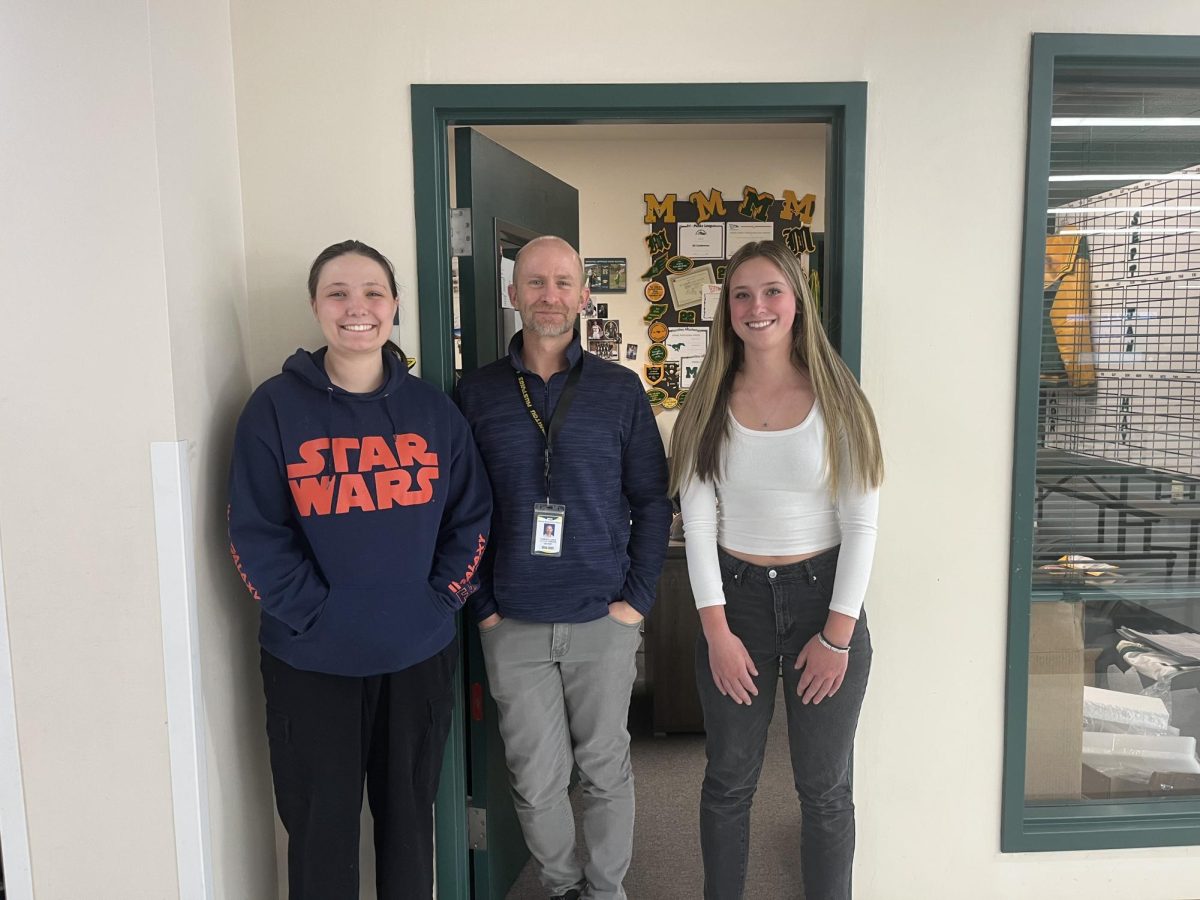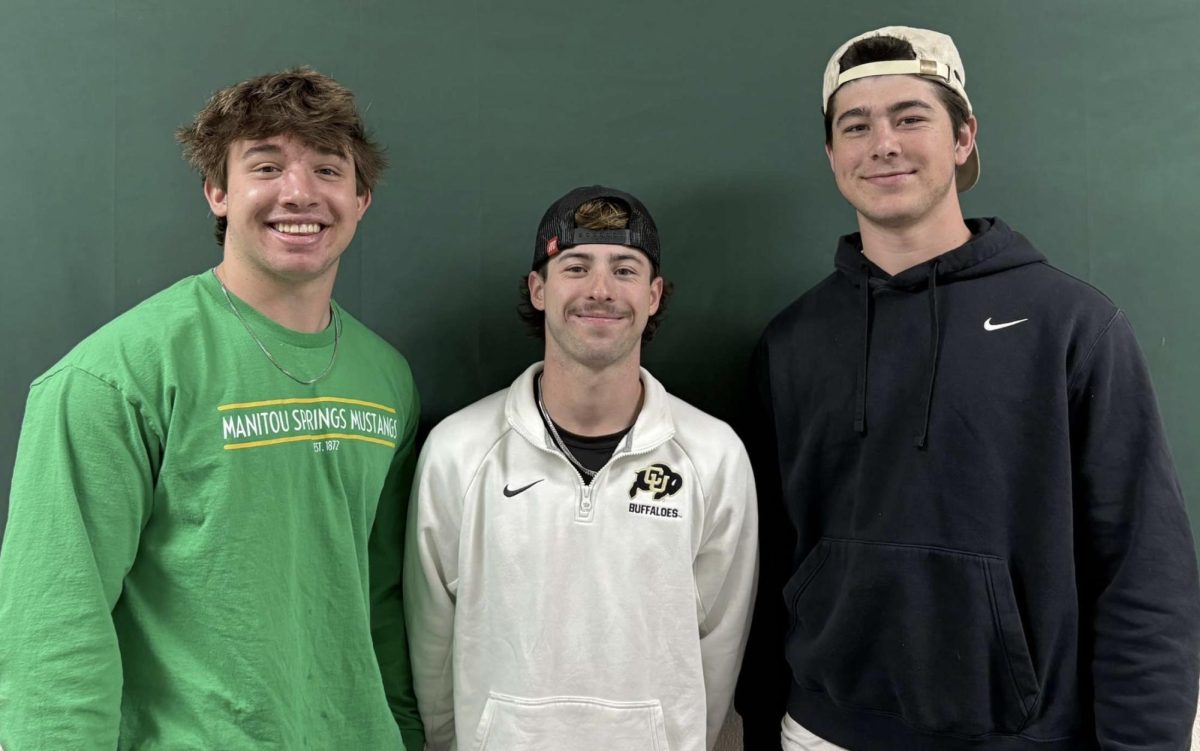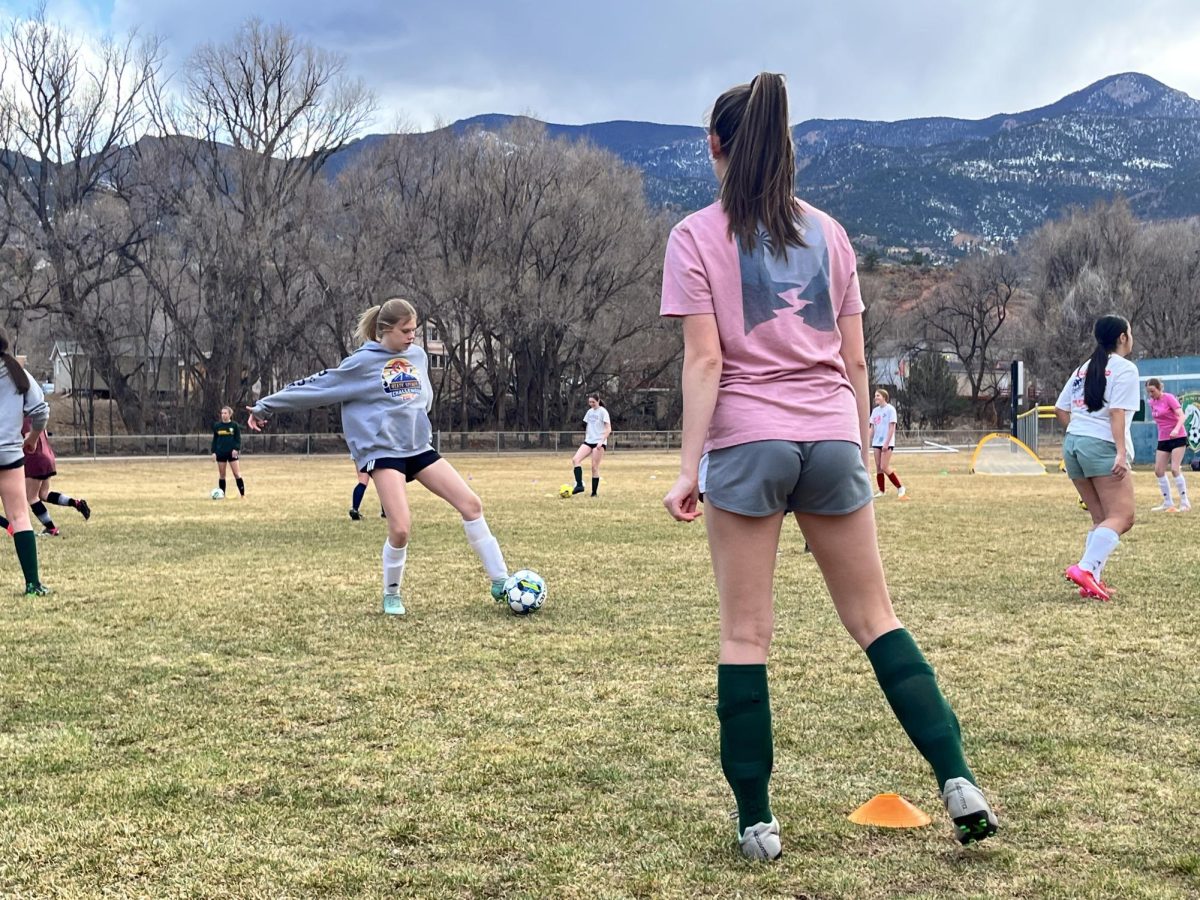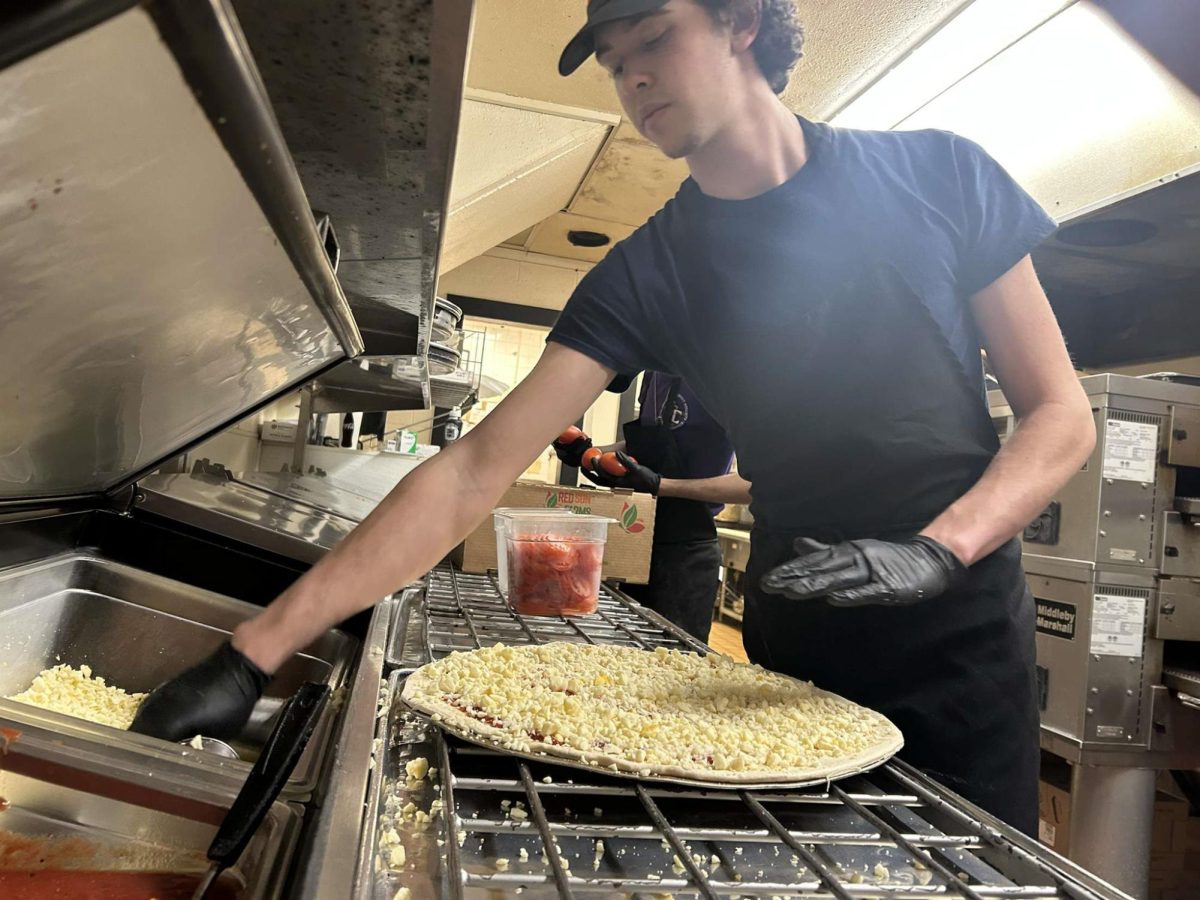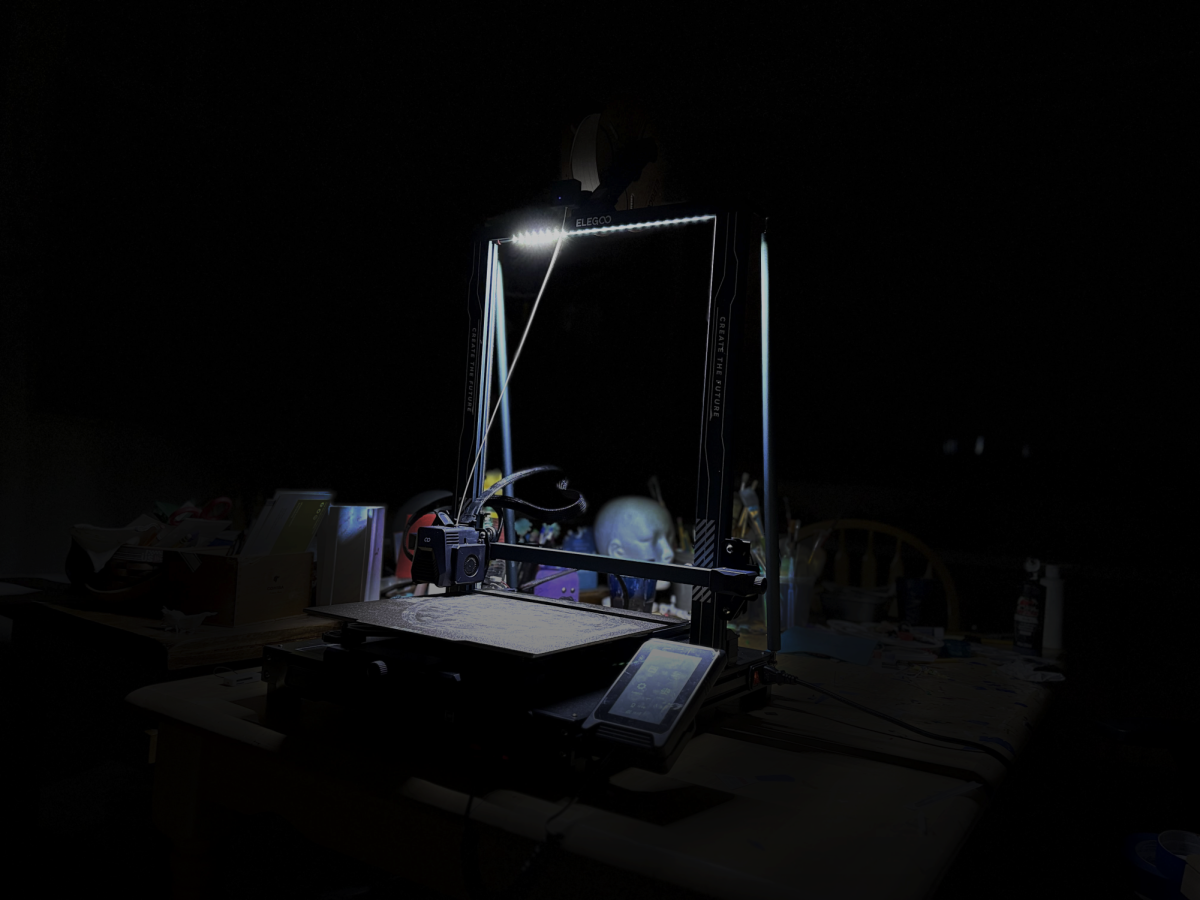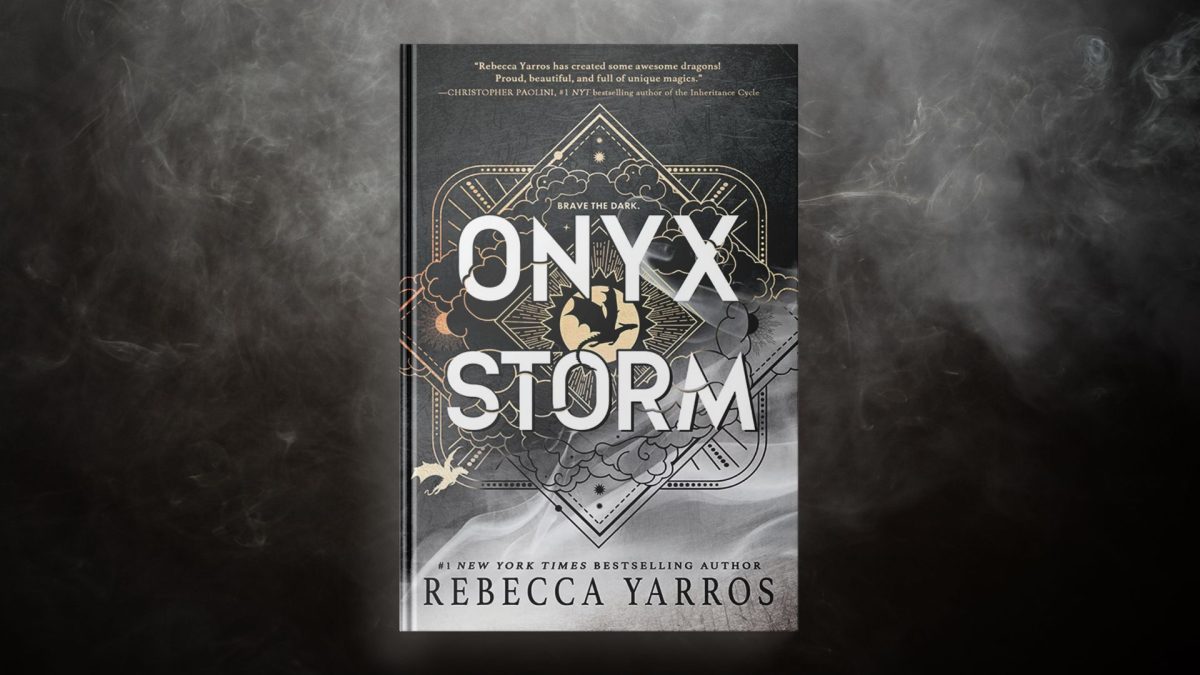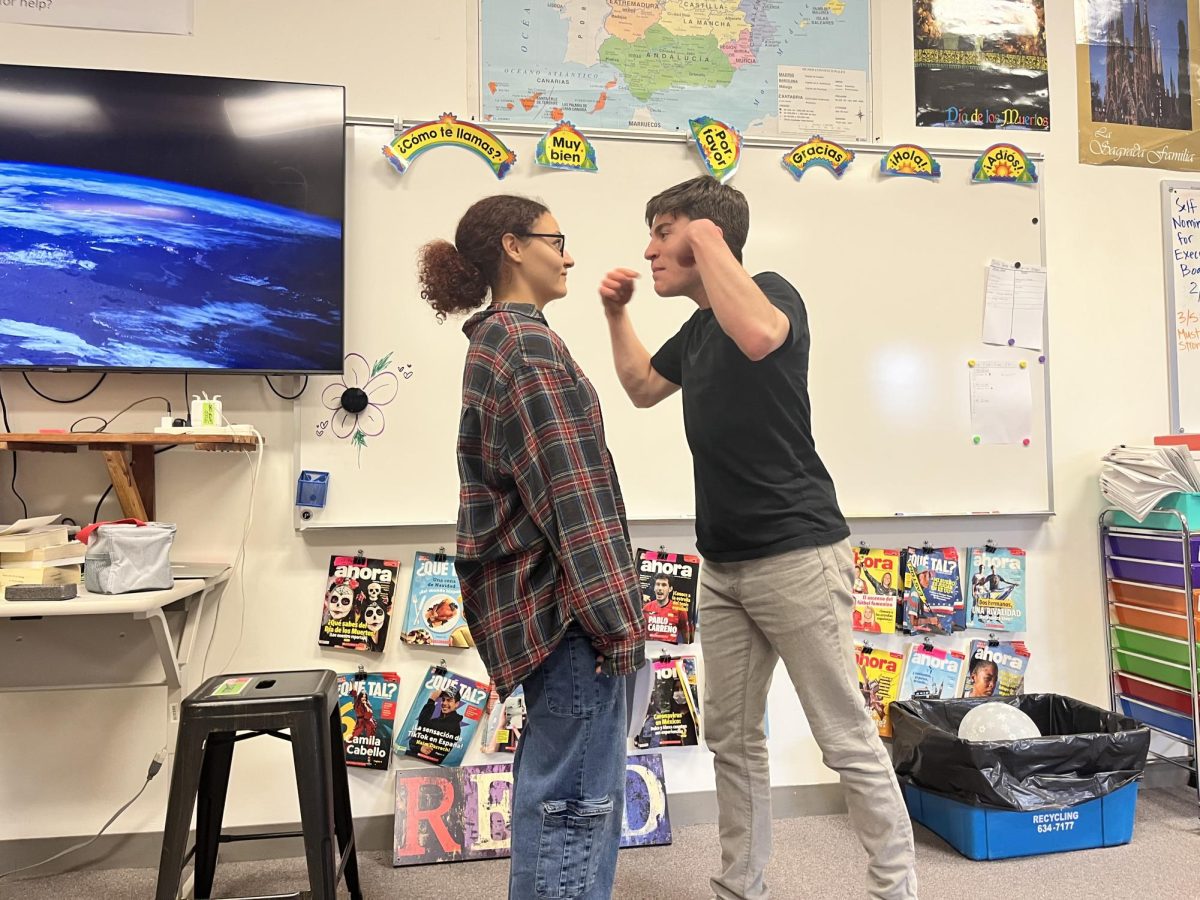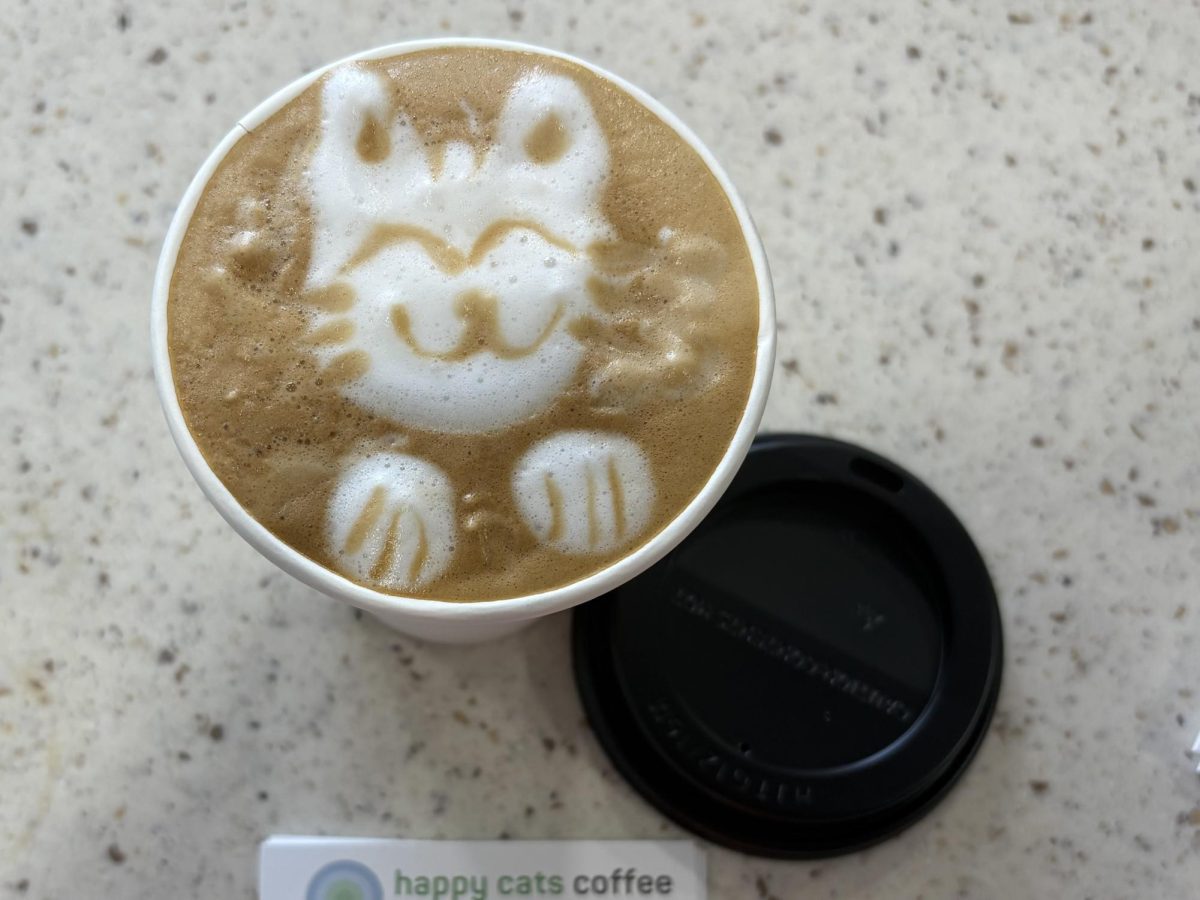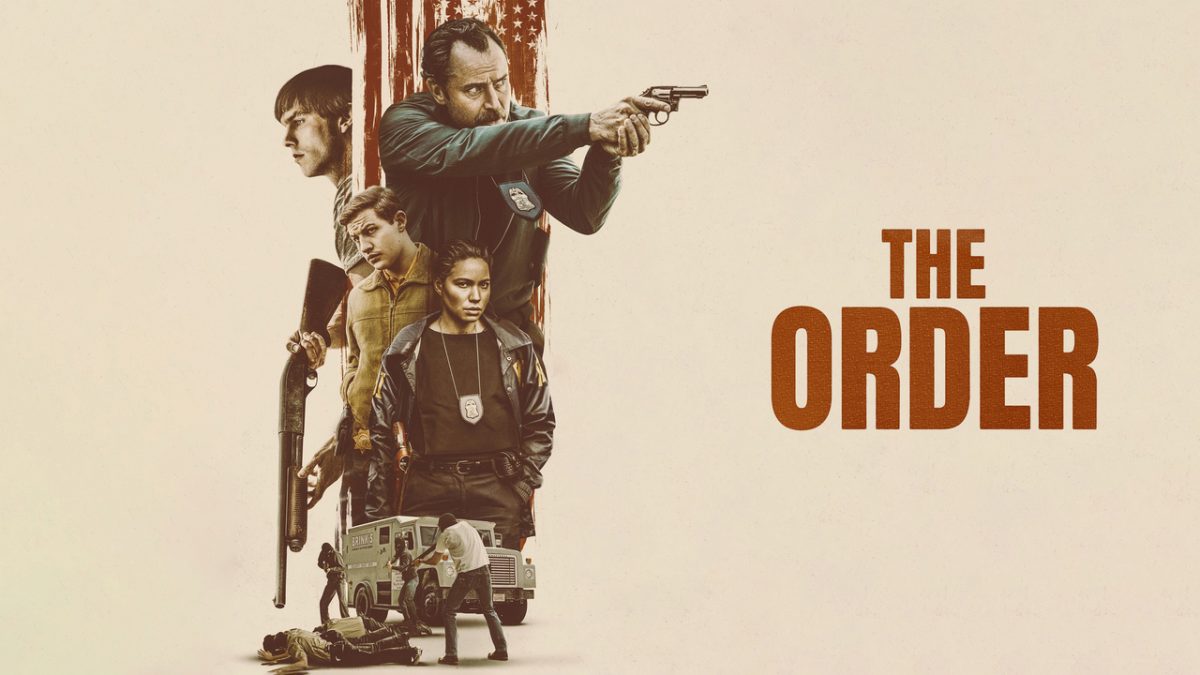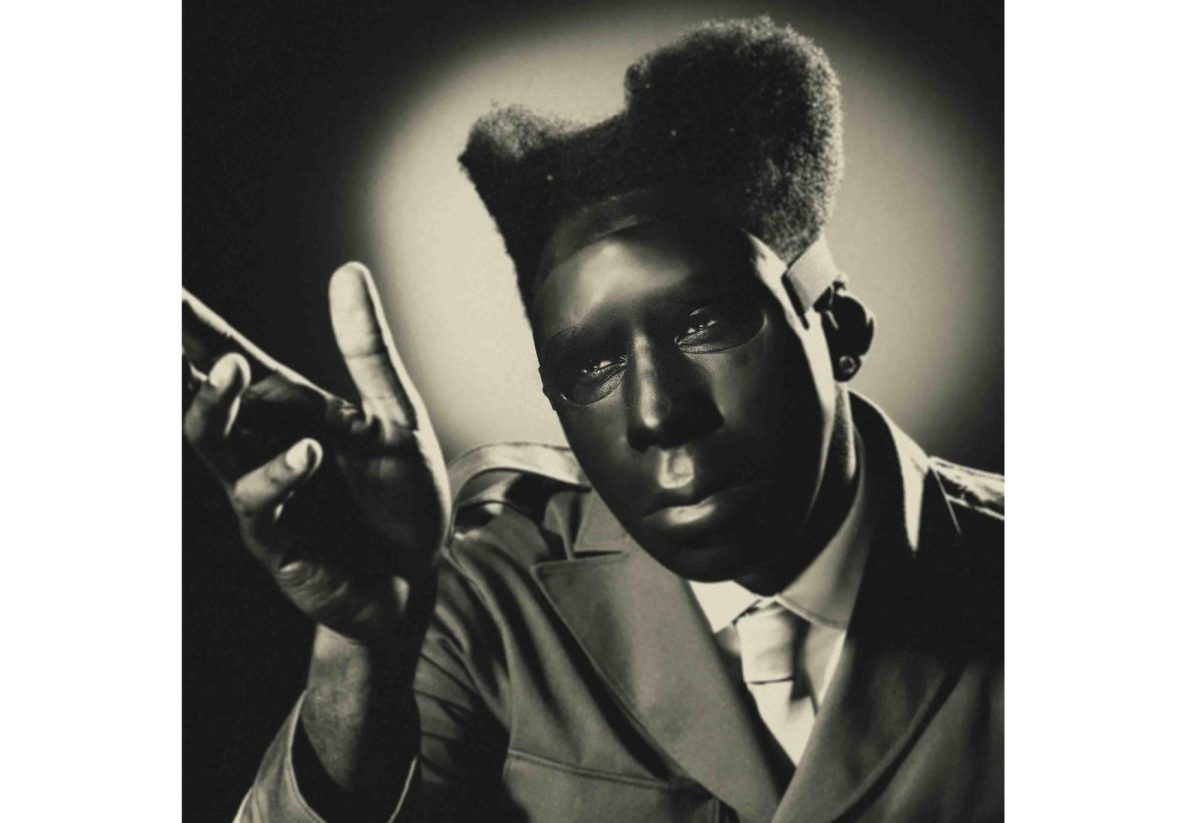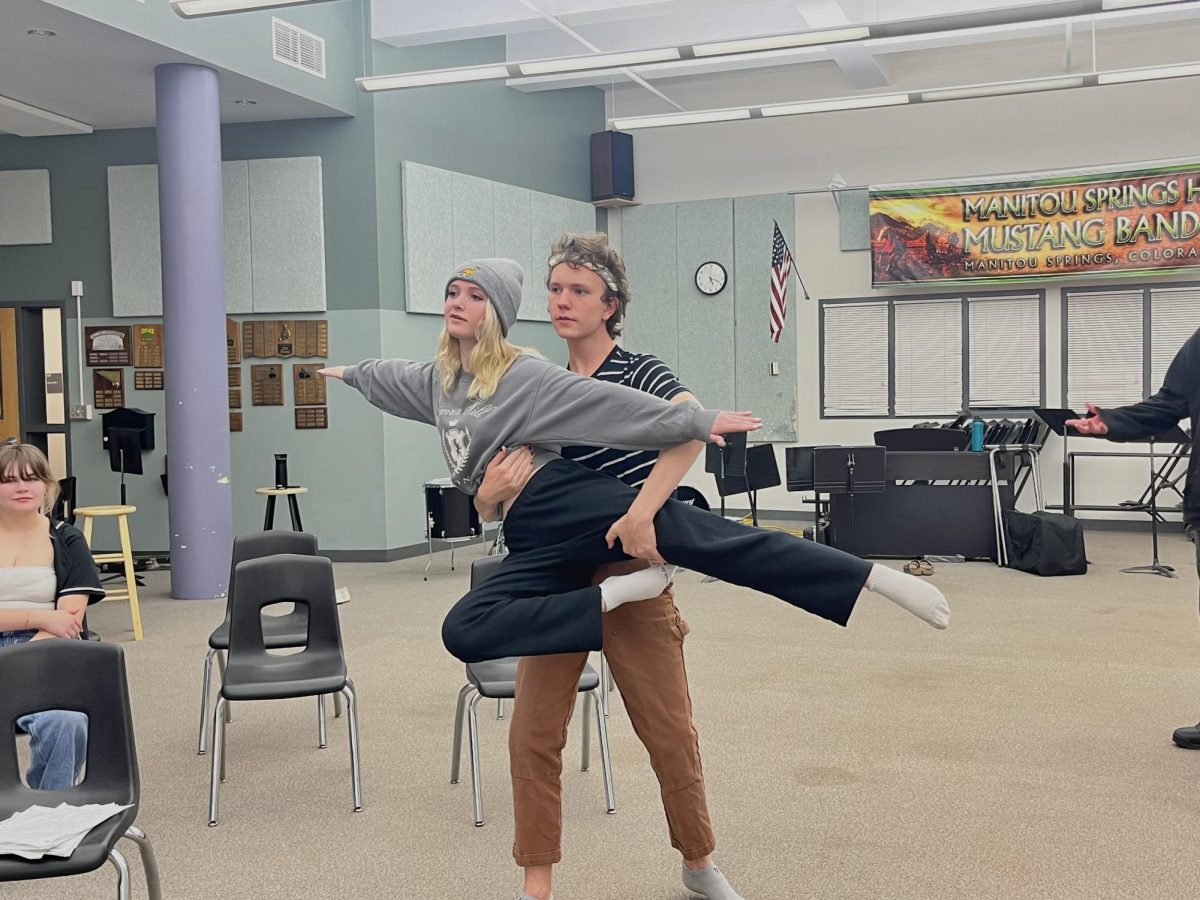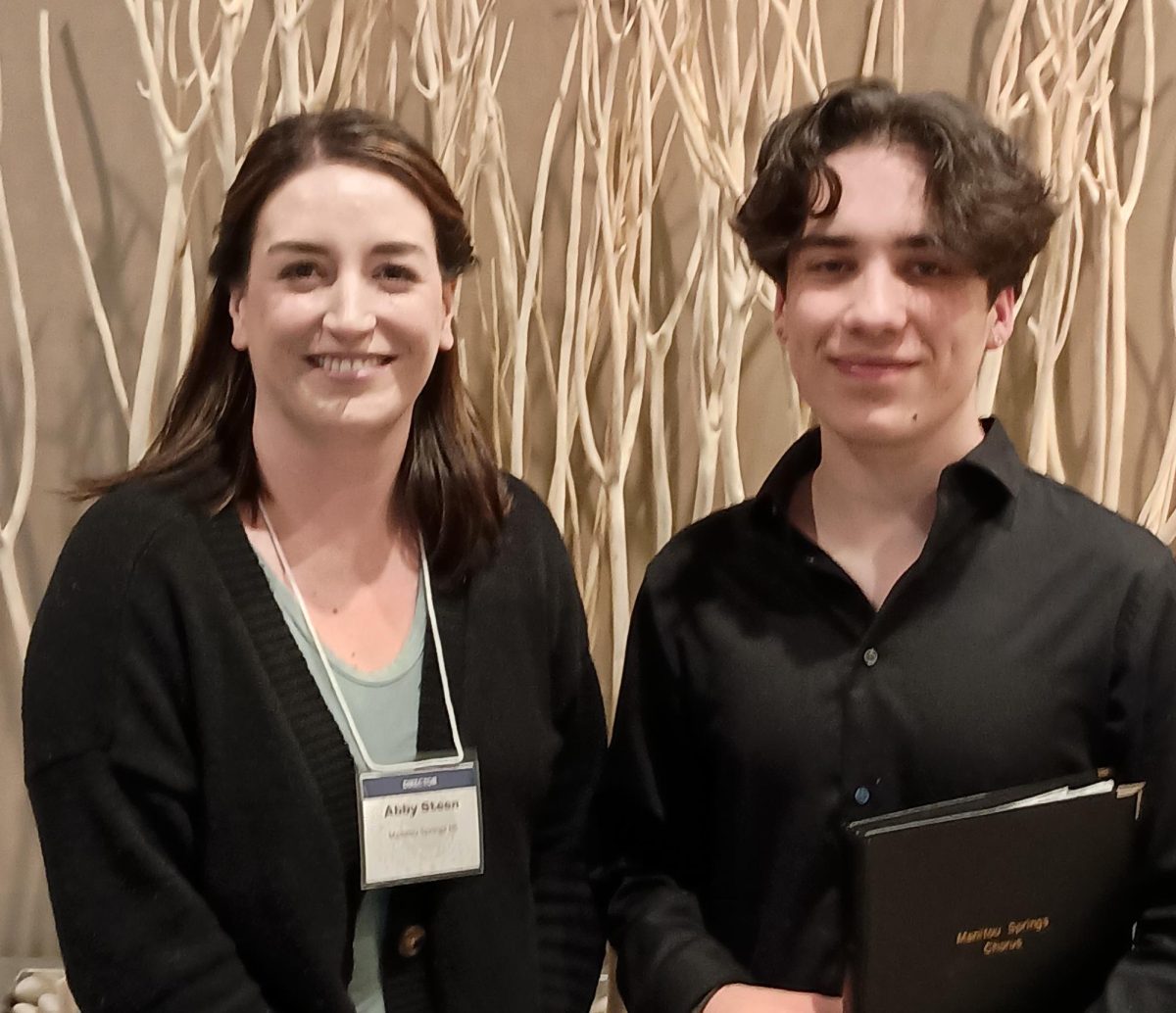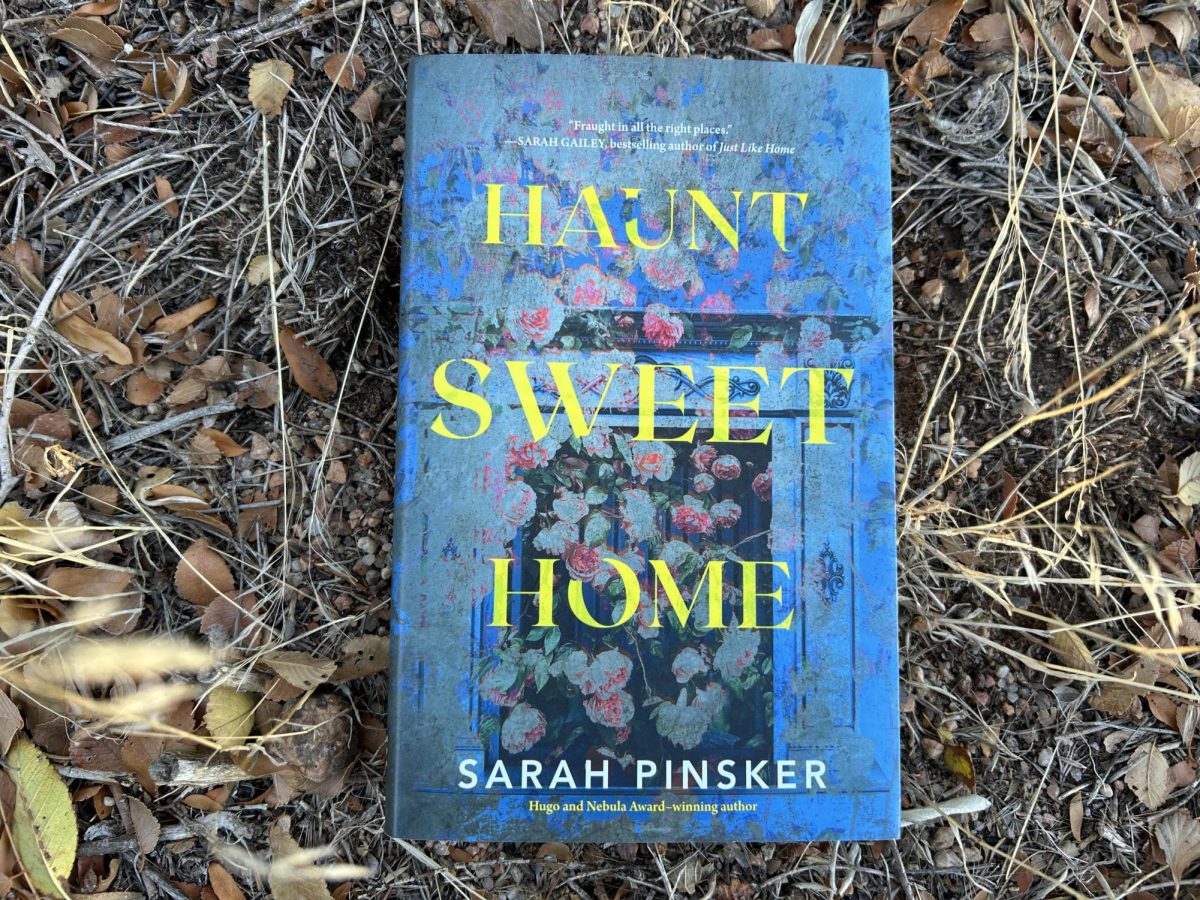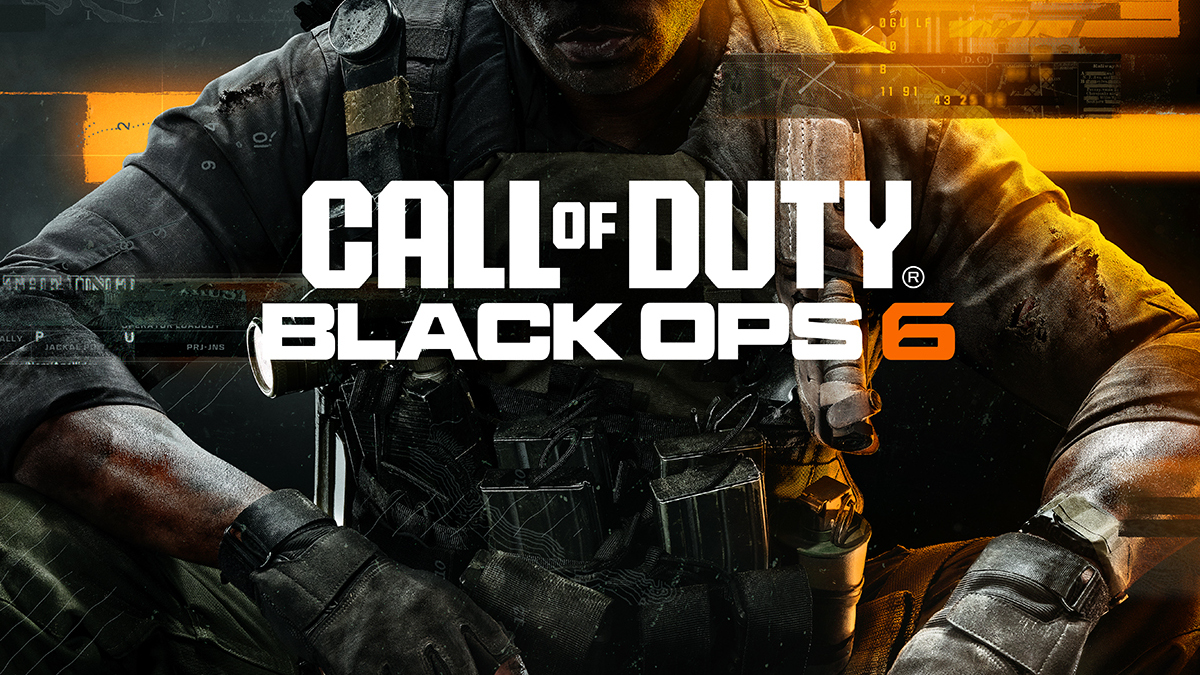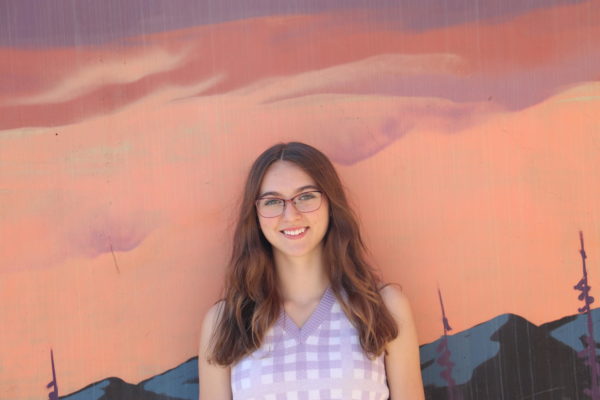Aigner’s debate Nationals affected by COVID- 19
January 18, 2022
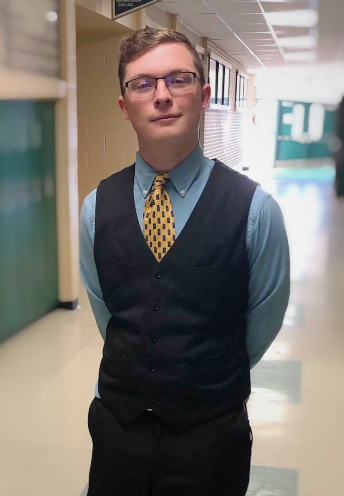
(Andrew Slama)
Senior Gideon Aigner went to the National Speech and Debate Tournament in both his sophomore and junior years. Each year he competed in different categories, which also had sub categories.
“The first time I competed in a category of debate known as world schools debate, which is three vs. three debate structure. And then the second time, I participated in extemporaneous speaking, United States extemporaneous speaking to be exact. Within that there are also a couple supplementals that I participated in, such as poetry storytelling,” said Aigner.
When it comes to debate, debaters never feel fully prepared. Aigner did a lot of research to help him better understand his case, but it was still a very stressful process.
“I was the only one writing the speeches. During that first round we were practicing. I stayed up until two a.m. trying to work on that, so it was extremely stressful. But on the flipside of that you actually get to compete, and there’s some memories from that experience that I’m not going to lose, you know,” said Aigner.
Carlos Soto Cabrera, a senior at The Classical Academy, was one of Aigner’s teammates during his sophomore year. Soto Cabrera says that one of Aigner’s biggest strengths is the amount of research he does.
“His strengths are the amount of research he commits to every competition; his flaws are honestly hard to find,” said Soto Cabrera.
Jeff Borst, a former debate coach at Manitou Springs High School, coached Aigner freshman year through junior year and was there for both times Aigner went to nationals. Borst says that Aigner was one of the top 60 for his first year competing in Nationals.
“Nationals are always unpredictable. What plays well in Colorado (Gideon was a state finalist in Congressional Debate last year) may not be as impressive to a national circuit judge from New York. Gideon prepared solid performances for Nationals both this last year and the year before. His first shot at Nationals in 2020 netted him a top 60 finish, not bad given over 4,500 entries,” said Borst.
Borst said that Aigner works hard on his research and his cases. Aigner entered in five events, which is a lot when it comes to debate. That is one of the many reasons that Aigner was able to qualify for Nationals.
“My favorite memory of Gideon was actually before Nationals as we discussed what other supplemental events he might like to try. Normally students can do two, but with the online format, they could enter in more. Gideon prepared five events, the most any student I have ever coached has attempted. That is just one of many reasons Gideon qualified as an Academic All-American in the National Speech and Debate Association,” said Borst.
Both years that Aigner went to Nationals he had to deal with COVID-19 being a huge factor, and especially during his sophomore year when lockdown had just started.
“When you look at what you have, a lot of it is very stressful, because in those events in particular, there were a lot of practices that came with that and especially with COVID when it was first starting out, and nobody had any idea what to do,” said Aigner.
The most memorable thing about Nationals for Aigner was the practices because it gave something to do when everything shut down and a social environment was taken from him.
“My favorite memory developed in preparation for Nationals was the practice we had for world schools debate, sophomore year, because it gave me something to do during COVID,” said Aigner.
Debate helped Aigner when he was lost and didn’t know what to do; he says he wants the underclassmen to find their passion whether it’s a sport or academic.
“This is to the underclassmen in general to try to go out and try these new things so that they can find what that passion is that ignites them. I was lost as a freshman. I was just lost completely, and sophomore year, I found my groove and I got where I am today based off of that. So just a message to the underclassmen, just try to find what your thing is and stick to it,” said Aigner.

